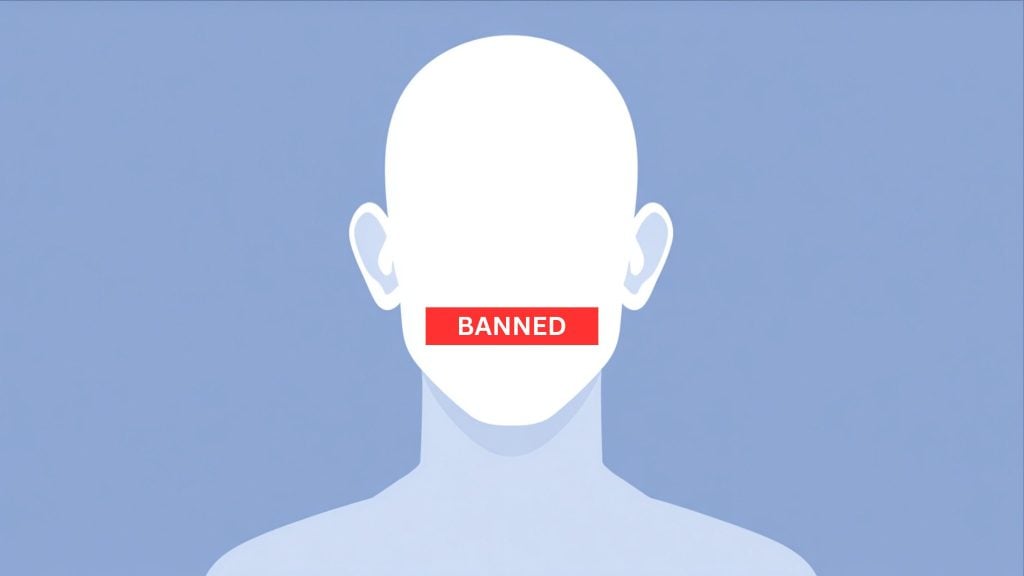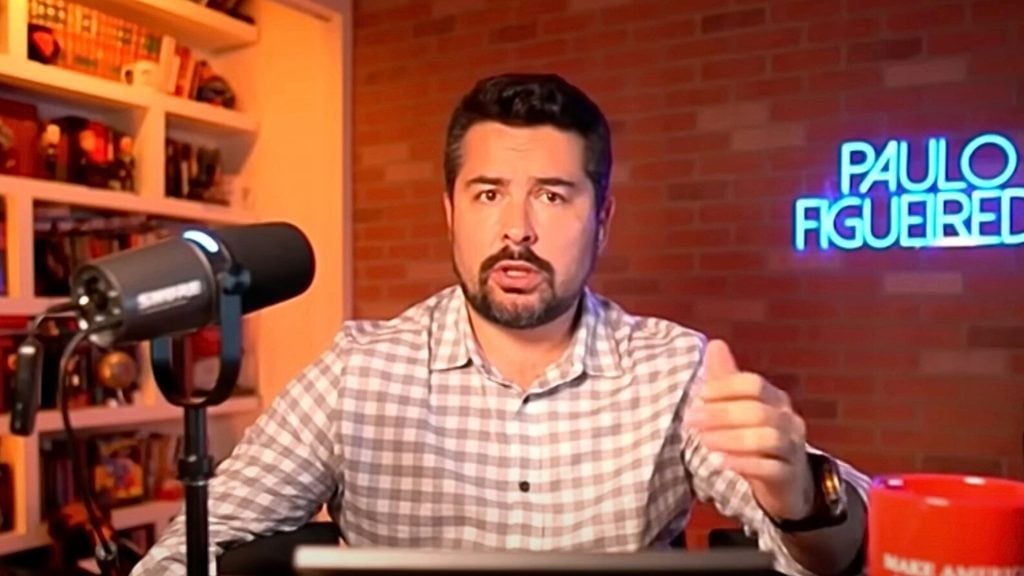Brigitte Macron’s attempt to pursue legal punishment against two women for alleging she’s a man has ended in defeat after a French court overturned the defamation convictions and ruled in favor of free speech.
The case has reignited debate over whether the wife of a sitting president should be using the judiciary to target citizens over personal speculation.
On Thursday, the Paris Appeal Court dismissed all charges against self-described clairvoyant Amandine Roy and blogger Natacha Rey, stating that their public remarks did not constitute criminal defamation.
The court determined the comments made in a four-hour YouTube video were protected under the principle of “good faith” speech. The judgment clears both women and rescinds the fines previously imposed.
Roy and Rey had claimed Brigitte Macron was originally born male under the name Jean-Michel Trogneux, a name belonging to her real brother. They also questioned the existence of Macron’s first husband.
Though these assertions were strongly denied, the court found they did not meet the threshold for criminality.
Rather than malicious defamation, the court saw their statements as expressions of opinion on matters involving a highly visible public figure.
The outcome shows a growing concern among defenders of free expression: whether powerful political spouses should be initiating criminal proceedings against ordinary people for what amounts to controversial opinion or speculation.
From the beginning, the First Lady’s legal action raised eyebrows. As the unelected partner of France’s head of state, her attempt to use the courts to silence speech came across to many as a misuse of influence.
Although she was not in court for the ruling, Macron’s legal team confirmed she would appeal to the Court of Cassation, France’s highest court.
Lawyers for Roy and Rey welcomed the court’s decision. Maud Marian, representing Roy, said “We’re acquitted,” while François Danglehant, speaking for Rey, also expressed satisfaction with the ruling.
Both women had described the case as politically motivated and said they were subject to pressure from influential circles in Paris.
Brigitte Macron’s broader legal strategy includes additional proceedings. Four men are soon to face trial for cyberbullying over their online comments about her gender and personal life.
One of them, Aurelien Poirson-Atlan, known online as “Zoe Sagan,” is being held in custody ahead of the trial. His lawyer, Juan Branco, has denounced the case as politically driven and argued that publishing personal views, no matter how contentious, should not lead to incarceration.
The court’s dismissal of the charges against Roy and Rey adds weight to concerns that powerful figures may be relying on defamation law to insulate themselves from scrutiny.
In a democratic society, this raises the critical question of whether public officials and their spouses should expect immunity from public speculation, or whether they must accept the rougher edges of open dialogue.












